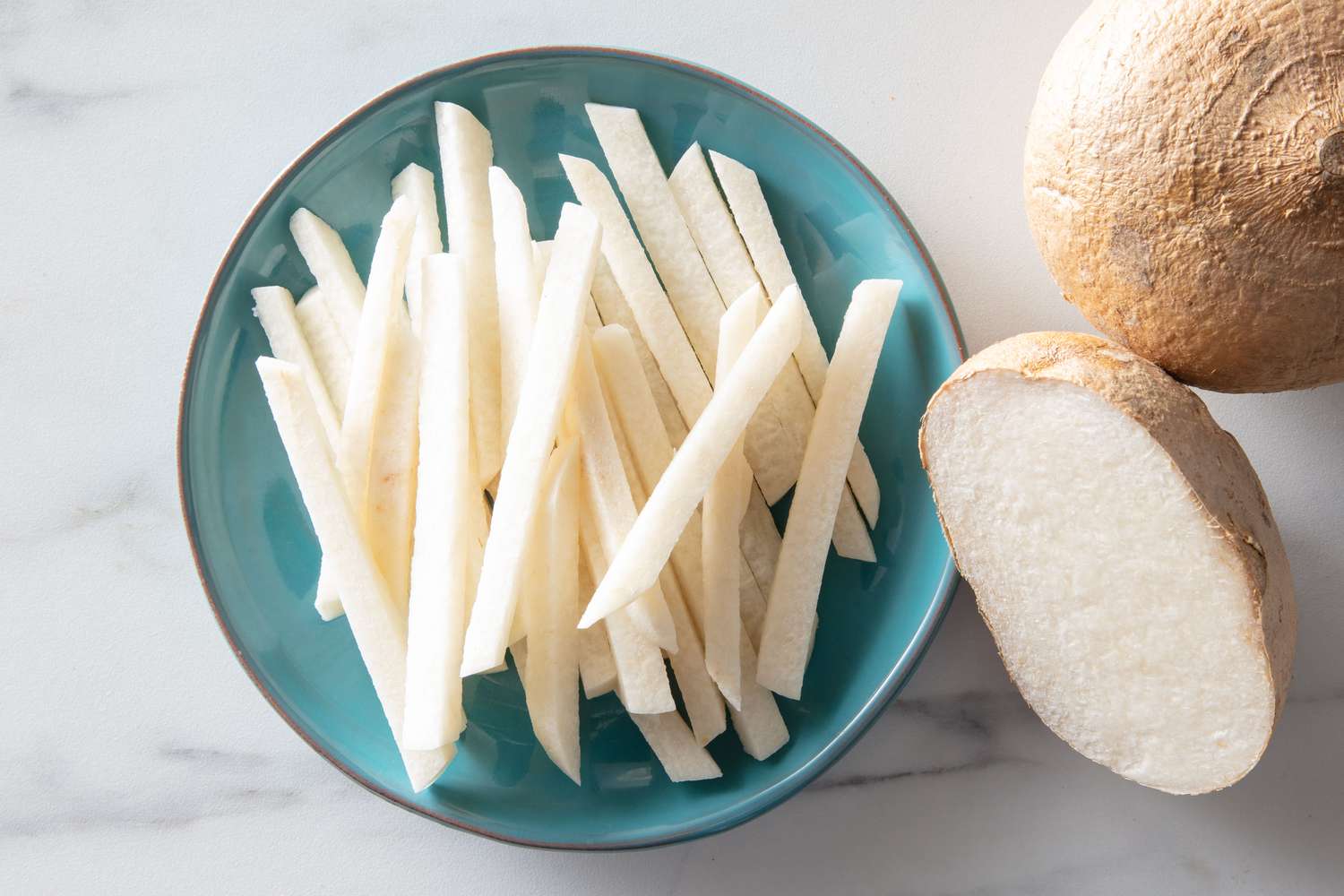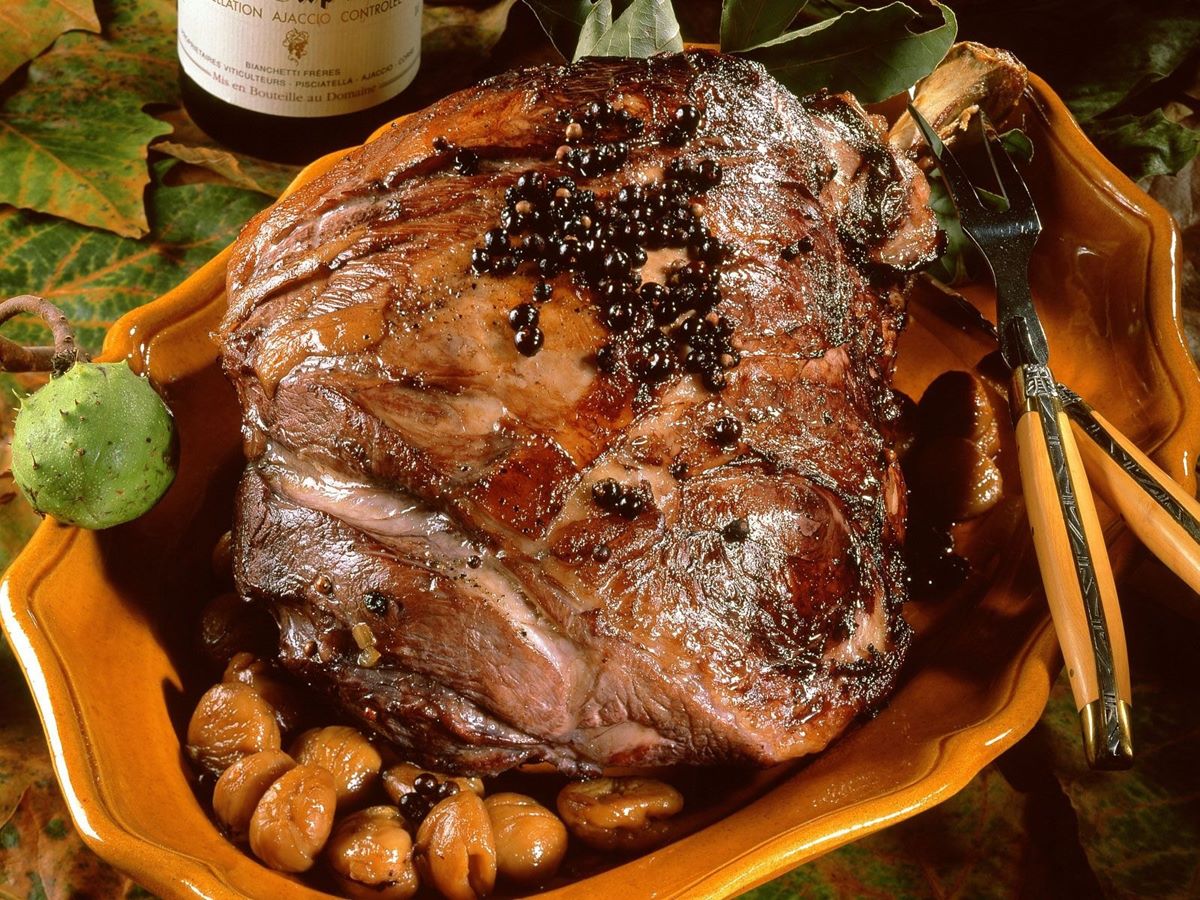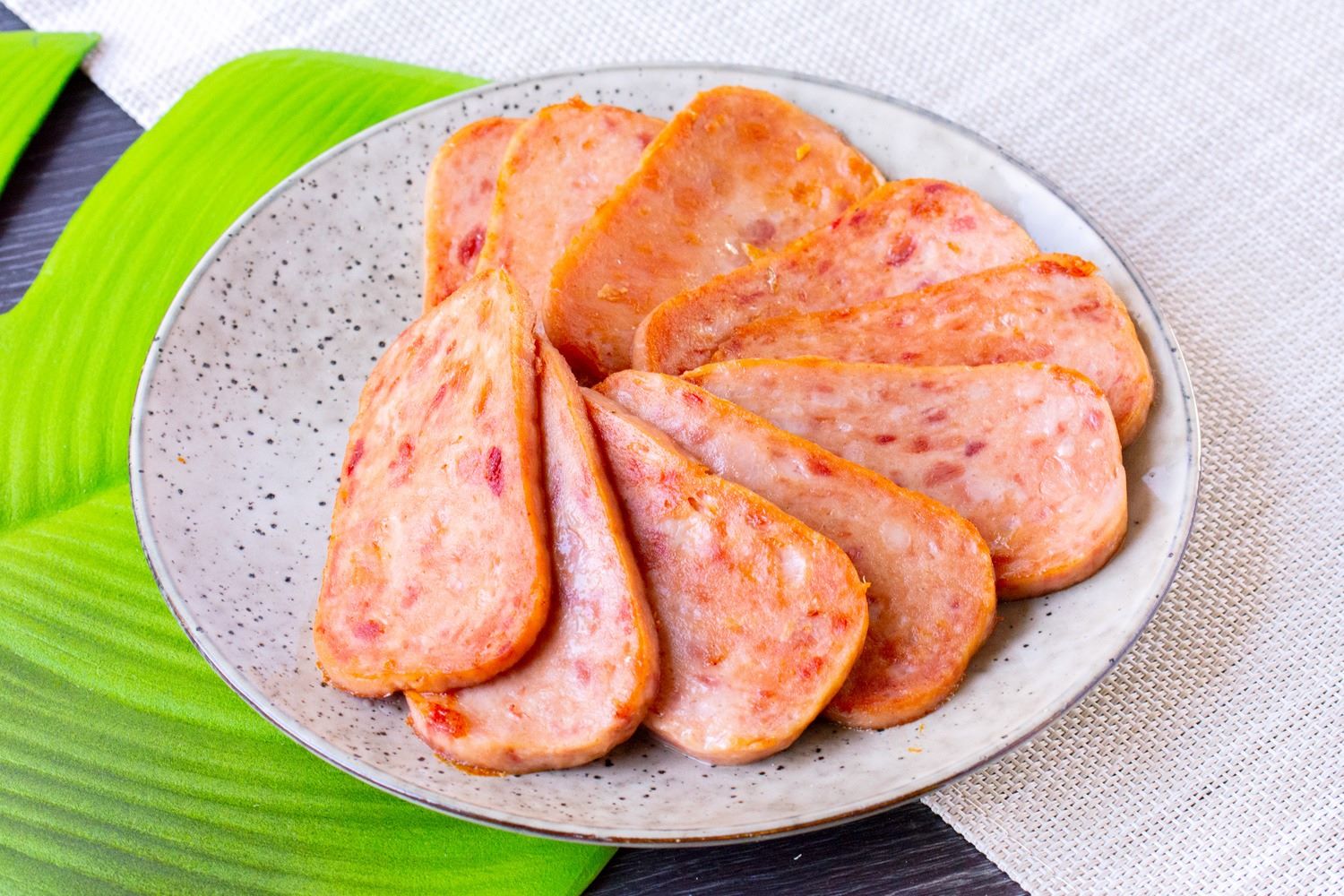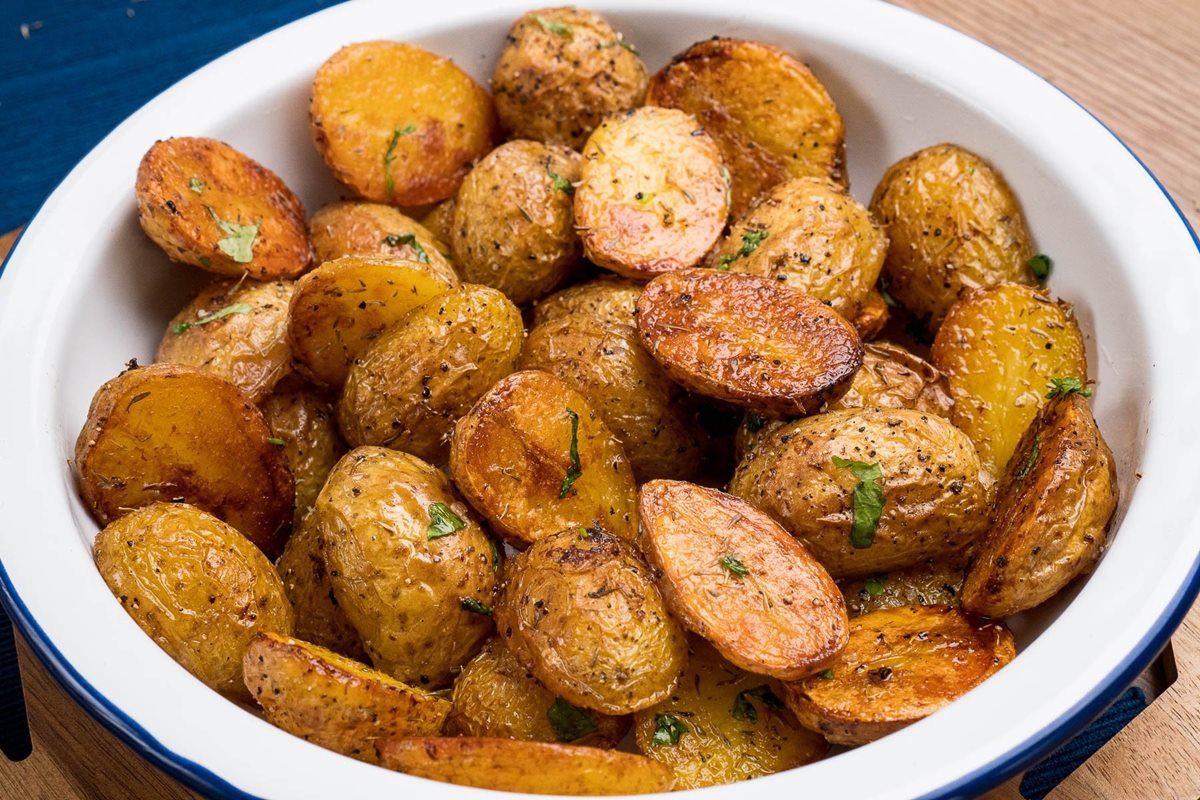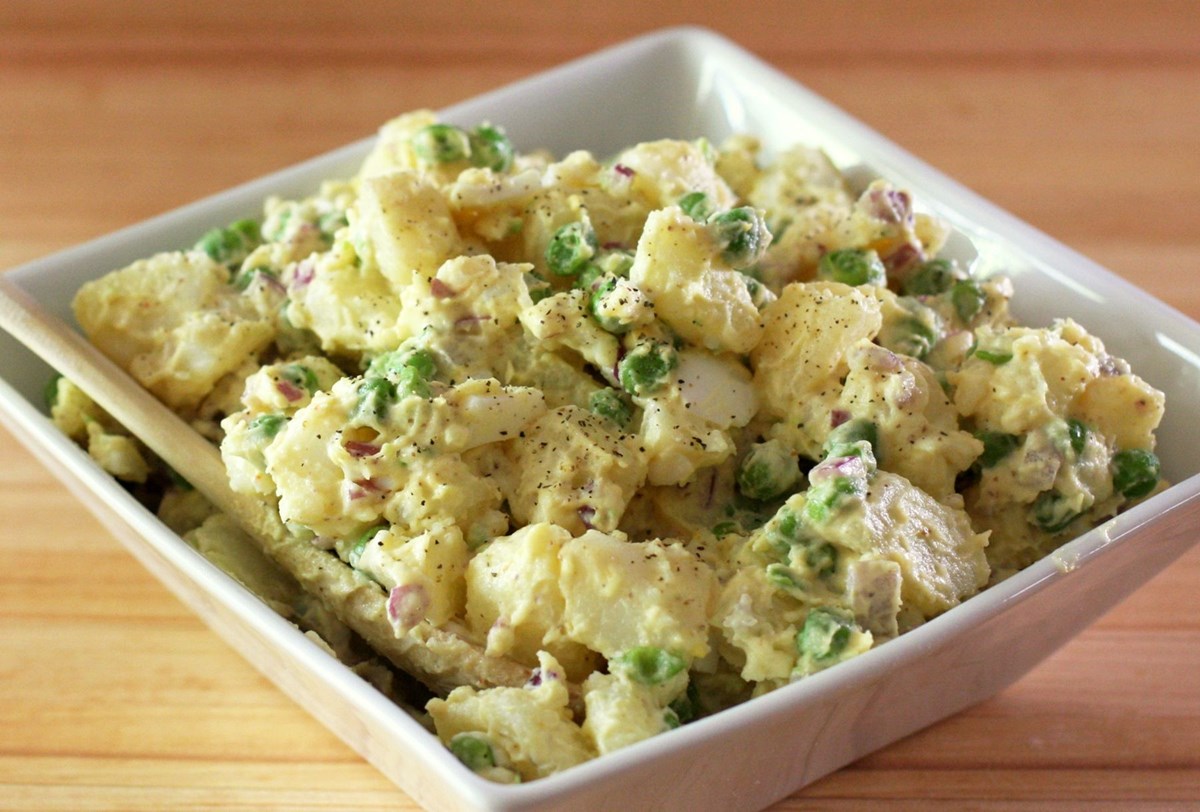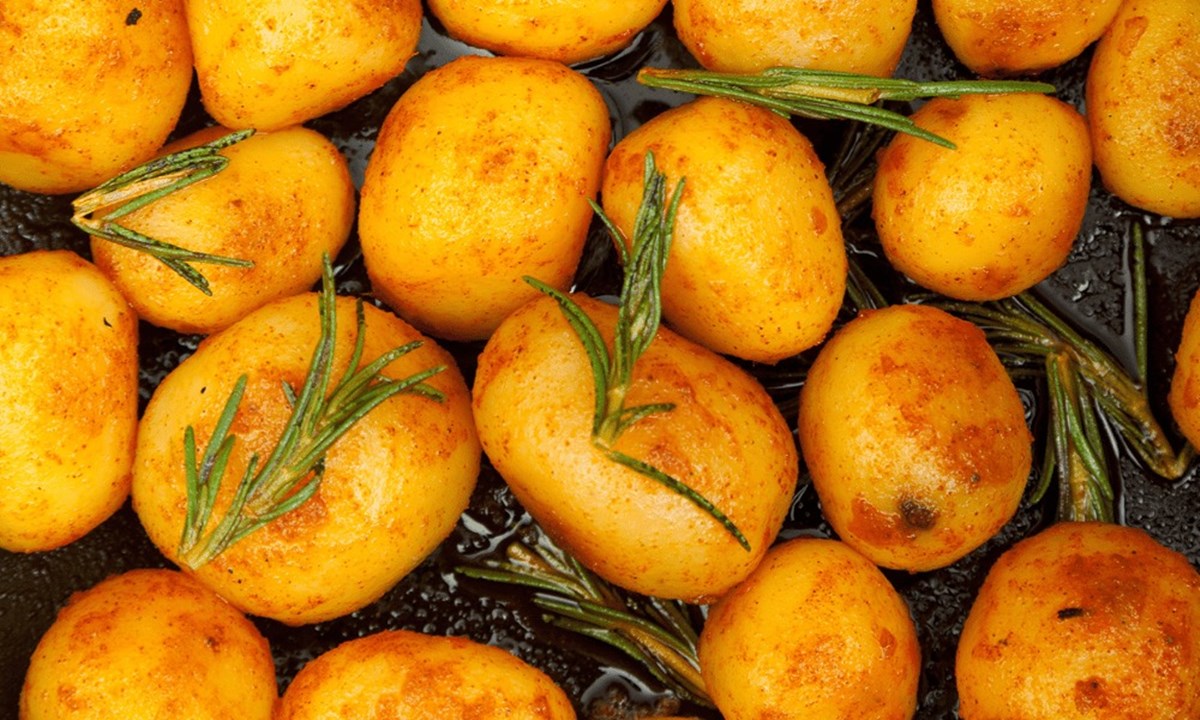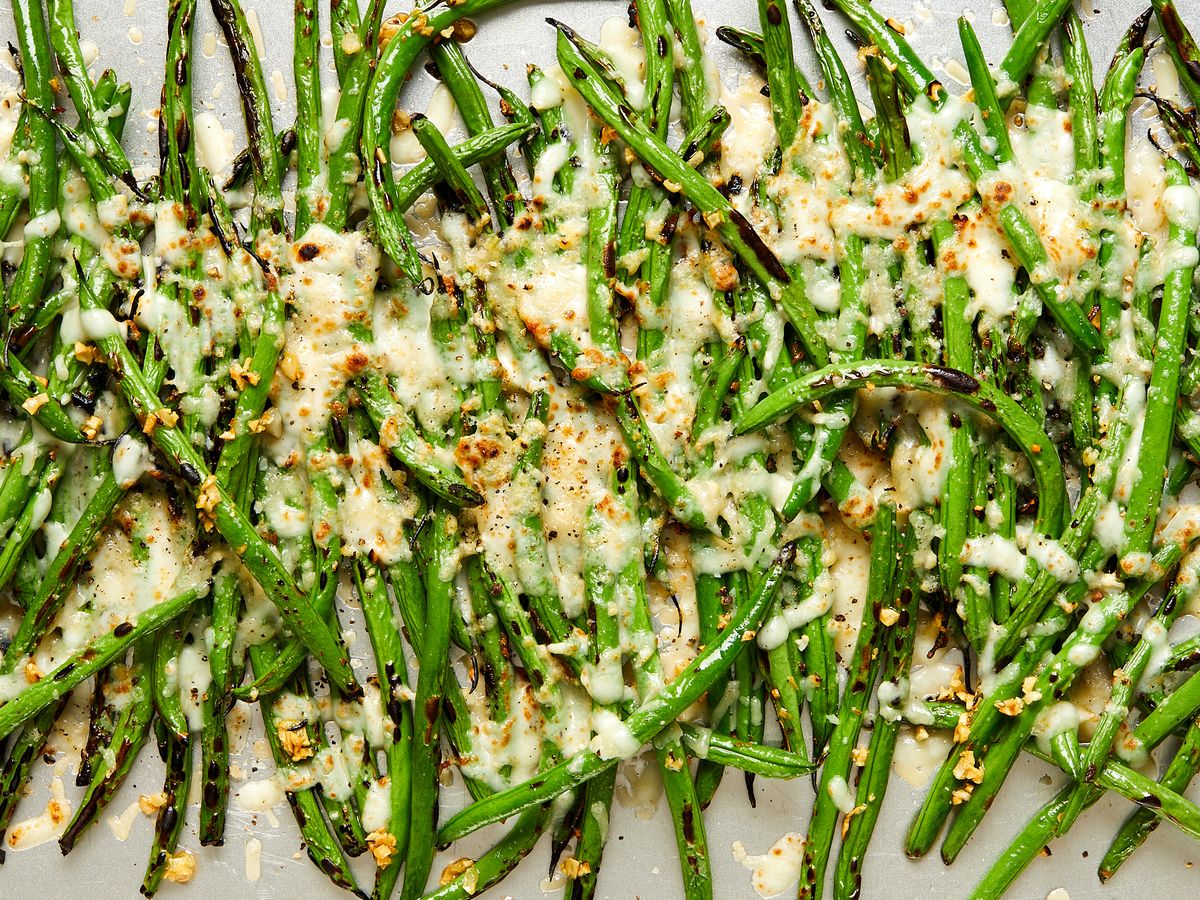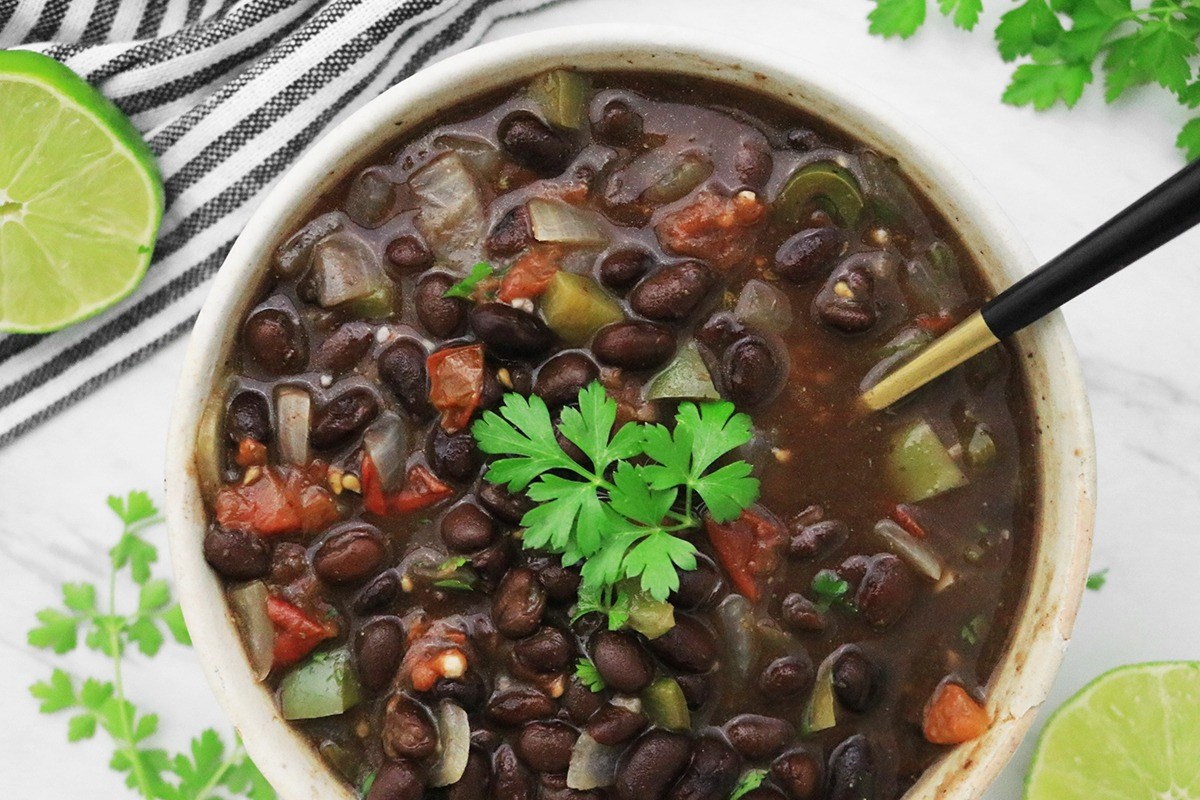How To Cook A Honeynut Squash
If you’re looking for a delicious and nutritious addition to your fall recipes, look no further than the honeynut squash. This small, sweet squash is bursting with flavor and can be used in a variety of dishes. In this article, we will guide you through the steps to cook a honeynut squash to perfection.
What is a Honeynut Squash?
Honeynut squash is a smaller and sweeter version of a butternut squash. It is about half the size of a regular butternut squash with a rich, deep orange flesh. The flavor resembles a combination of butternut squash and sweet potatoes, making it a versatile ingredient in both savory and sweet recipes.
Preparing the Honeynut Squash
Before cooking the honeynut squash, it’s essential to prepare it properly. Follow these steps:
- Start by washing the squash under cool, running water to remove any dirt or debris.
- Next, use a sharp knife to cut the squash in half lengthwise. Use caution as the outer skin can be tough.
- Scoop out the seeds and stringy fibers from the center of the squash using a spoon.
- Finally, peel the skin off the squash using a vegetable peeler or a sharp knife, being careful not to remove too much flesh.
Cooking Methods
There are several methods to cook a honeynut squash, depending on your preference and available time. Here are three popular cooking methods:
1. Roasting
Roasting honeynut squash enhances its natural sweetness and provides a caramelized flavor. To roast the squash:
- Preheat your oven to 400°F (200°C).
- Place the squash halves on a baking sheet.
- Drizzle olive oil over the flesh of the squash and season with salt and pepper.
- Roast in the oven for approximately 30-40 minutes or until the flesh is tender and easily pierced with a fork.
- Once cooked, remove from the oven and allow it to cool before handling.
- Gently scoop out the cooked flesh and use it in your desired recipe.
2. Steaming
Steaming honeynut squash is a great option if you’re looking for a quicker cooking method. Here’s how:
- Fill a pot with about an inch of water and bring it to a boil.
- Place a steaming basket or colander in the pot, making sure it doesn’t touch the water.
- Put the squash halves in the basket, cut side down.
- Cover the pot and steam for approximately 15-20 minutes or until the flesh is easily mashed with a fork.
- Once steamed, remove the squash from the pot and let it cool.
- Using a spoon, scoop out the cooked flesh, discarding the skin, and use it in your desired recipe.
3. Microwaving
If you’re short on time, microwaving honeynut squash can be a quick and convenient option. Follow these steps:
- Cut the squash in half and scoop out the seeds as mentioned earlier.
- Place the squash halves in a microwave-safe dish, cut side down.
- Fill the dish with about a quarter-inch of water.
- Cover the dish with a microwave-safe lid or plastic wrap, leaving a small vent.
- Microwave on high for approximately 8-10 minutes or until the flesh is soft and tender.
- Once cooked, carefully remove from the microwave and let it cool slightly.
- Scoop out the flesh and use it in your favorite recipes.
Enjoying Your Cooked Honeynut Squash
Now that you have a perfectly cooked honeynut squash, the possibilities are endless. You can use it in soups, stews, salads, or even bake it into pies and cakes for a touch of sweetness. Its rich and creamy texture adds depth to any dish, making it a favorite fall ingredient.
Experiment with different herbs, spices, and flavor combinations to create unique and delicious recipes that showcase the natural sweetness of the honeynut squash. Whether you roast it, steam it, or microwave it, this versatile vegetable is sure to impress your taste buds.
So, go ahead and give cooking a honeynut squash a try. You won’t be disappointed with the delightful flavors and incredible nutritional benefits it brings to your table!
For anyone looking to try their hand at cooking Honeynut squash, there are a few standout recipes that come highly recommended. The Roasted Honeynut Squash Soup is a cozy option, perfect for fall evenings, offering a rich and creamy texture that's hard to resist. Another must-try is the Honeynut Squash and Quinoa Salad, which combines the nutty flavor of quinoa with the sweet notes of roasted Honeynut squash, making it a nutritious and satisfying meal. Those craving something heartier might enjoy the Stuffed Honeynut Squash with Wild Rice and Cranberries, a dish that balances sweet and savory flavors beautifully. For a unique twist, the Honeynut Squash and Goat Cheese Tart presents an elegant appetizer or light meal with its flaky crust and tangy cheese complementing the squash perfectly. Lastly, the Honeynut Squash and Lentil Curry offers a warm, spicy option that's both comforting and packed with protein. These recipes not only showcase the versatility of Honeynut squash but also provide delicious ways to enjoy this seasonal favorite.
Was this page helpful?
Read Next: How To Cook Yellow Squash In Microwave

